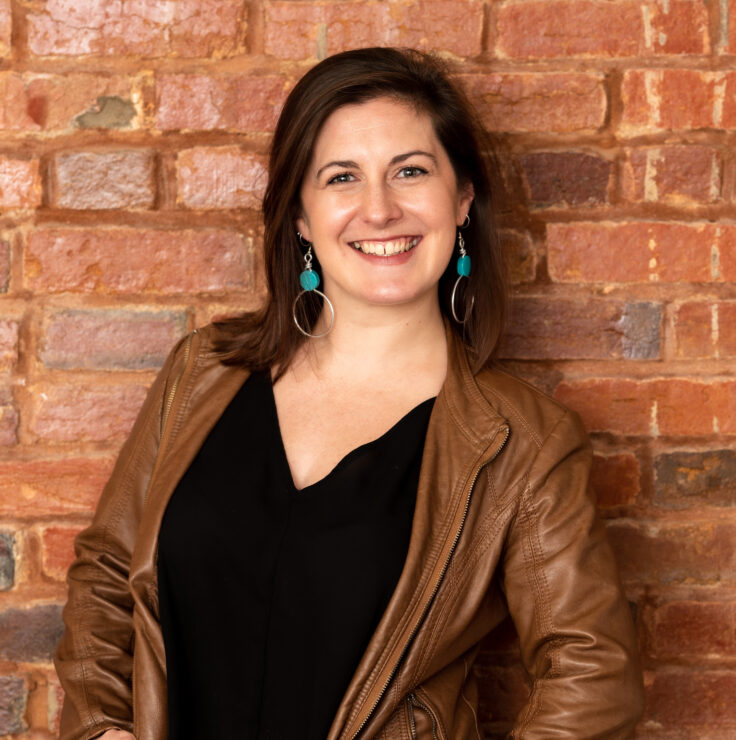Press Release Key findings from MaryClare Roche, PhD‘s new blog : Levels of disagreement with the idea that men make better political leaders than women is at an all-time high in eight of the eleven countries for which Arab Barometer has trend data. However, these changes are not just young people with more equal gender views coming of age. Instead,…
